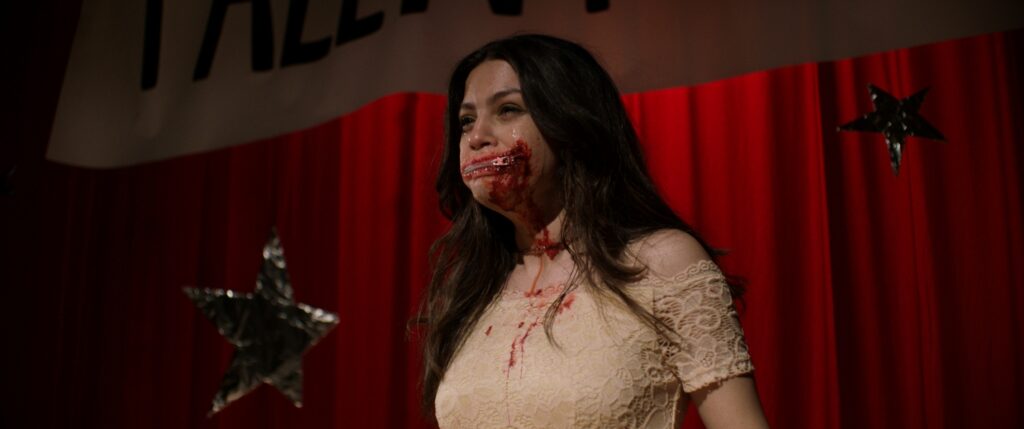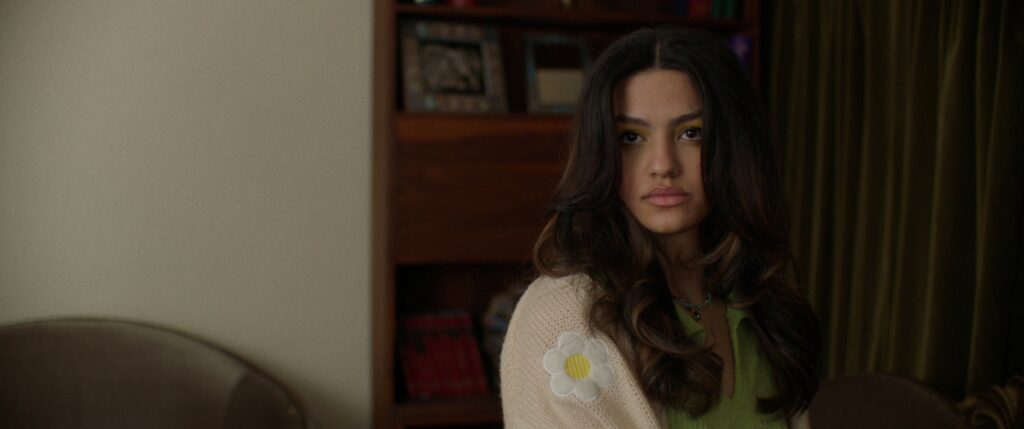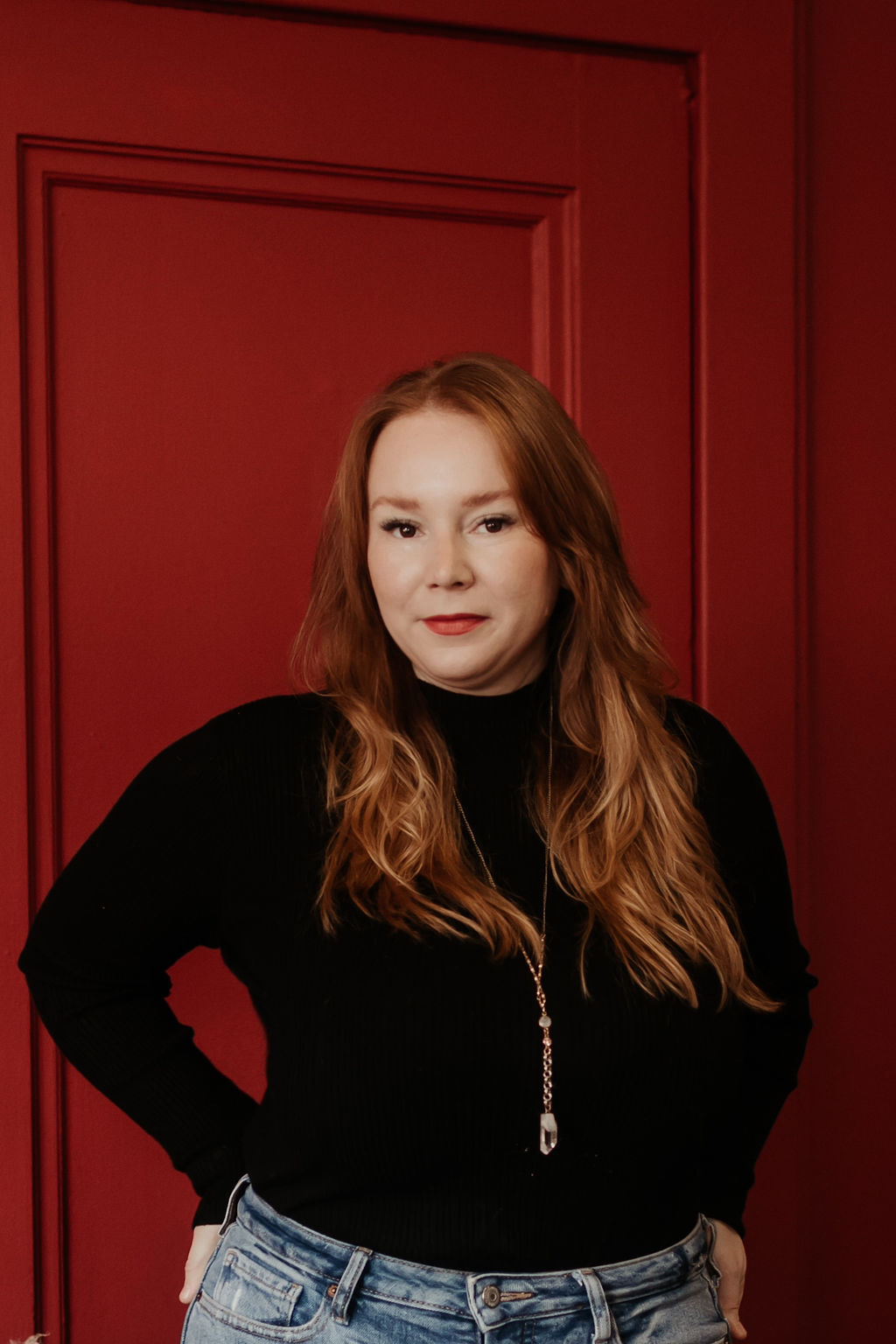The Centre for Performing Arts in Vancouver erupted with applause (and a few tears) immediately after the debut screening of ZIP, the short horror film by director Ava Maria Safai, on April 15.
ZIP was one of six short films screened that night as part of the annual screening and gala for the Crazy8s Film Society—an organization that supports local indie filmmakers in Vancouver to create a short film in just eight days with production support and some cash.
It was the first time in its 10 year run that the Crazy8s gala screening had ever had a standing ovation—and for good reason.
You see, ZIP is not just a surreal horror film. It’s an allegory for the recent human rights violations against Iranian women, starting with 16-year-old Mahsa Amini removing her hijab and getting killed for it. Since then, millions in Iran and across the globe have taken to the streets in solidarity and protest of the compulsory law requiring women to cover their heads with the hijab.
“I’d known about what was going on in Iran for a really long time because my parents would always tell me, so it was something I felt educated enough at that point to talk about,” says Safai, a Vancouver-based Iranian filmmaker and songwriter.
The ZIP team included co-writer Syd Castle, as well as producers Nicco Graham, Christopher Cook, Mandana Mehrghorbani, Caylee Watrin, and Brook James.

The film’s premise is this: It’s 1979, and 16-year-old Melody prepares for her school talent show, but her dreams of performing are crushed when her dad sews her mouth shut with a zipper.
“It was really important for me to make a film that Western audiences can understand by watching it and really get a sense of what’s actually going on,” says Safai about her emblematic film.
The choice to set the film in 1979 is intentional. It recalls a time when major change occurred in an otherwise free Iran, the echoes of which are coming to a head.
“1979 was the year of the Iranian revolt. Iranians don’t like to call that event the ‘revolution’ anymore, because they don’t feel positive about it,” she explains. That was the year that a certain dictator came into Iran, usurping the throne and turning it into a dictatorship. By 1981, under the laws of the regime, women were mandated to wear the hijab.
In her own life, things have not been as rigid and she reflects on the disparity of freedoms between her life and those of her family back in Iran.

“I was actually coming home from a wedding in my family [in which] a lot of my relatives had come from Iran to Poland to see this wedding between my cousin and his partner. On the plane ride back home, I was thinking about how my family was here, moments ago, celebrating something really exciting and getting to live their life quite freely. And then, they would have to return back home to a place where they don’t have the right to exercise such freedoms,” says Safai.
And Safai understands the nuance in the ability to dissent, made clear by the delicate way she handled whether her protagonist, Melody, would simply unzip her mouth when it came time to sing.
None of the film’s characters react to Melody’s sewn-shut mouth in a to-be-expected horror. Instead, one of her friends says, “Why don’t you try unzipping it?”
“Those were choices made to kind of show how North American culture and European culture react to what is going on in the Middle East. Nobody really knows how to respond to it,” she elucidates.
“There’s a lot of ‘Well, why don’t you just take off your hijab?’ Or ‘Why don’t you just protest and hold hands?’ I don’t think [people] get that if you do that, you die. So that was a big theme in the film.”
Like her film’s protagonist Melody—and much like the people protesting and demanding justice for Amini’s death, fighting for women’s freedoms—Safai won’t be silenced as long as ZIP is able to screen.
Follow @zipthefilm on Instagram for updates on where the film could screen next.




